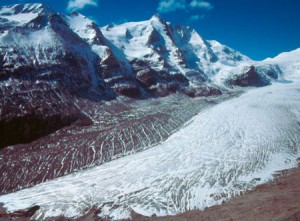 Global warming is disrupting wildlife and the environment on every continent, according to an unprecedented study that reveals the extent to which climate change is affecting the world’s ecosystems.
Global warming is disrupting wildlife and the environment on every continent, according to an unprecedented study that reveals the extent to which climate change is affecting the world’s ecosystems.
Scientists examined published reports dating back to 1970 and found that at least 90% of environmental damage and disruption around the world could be explained by rising temperatures driven by human activity.
Big falls in Antarctic penguin populations, fewer fish in African lakes, shifts in American river flows and earlier flowering and bird migrations in Europe are all likely to be driven by global warming, the study found.
The team of experts, including members of the UN’s intergovernmental panel on climate change (IPCC) from America, Europe, Australia and China, is the first to formally link some of the most dramatic changes to the world’s wildlife and habitats with human-induced climate change.
“When we look at all these impacts together, it is clear they are across continents and endemic. We’re getting a sense that climate change is already changing the way the world works,” said lead author Cynthia Rosenzweig, head of the climate impacts group at Nasa’s Goddard Institute for Space Studies in New York.
